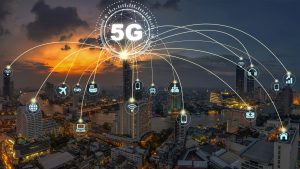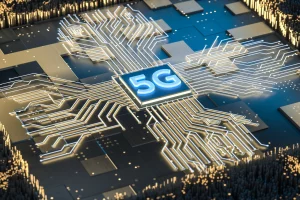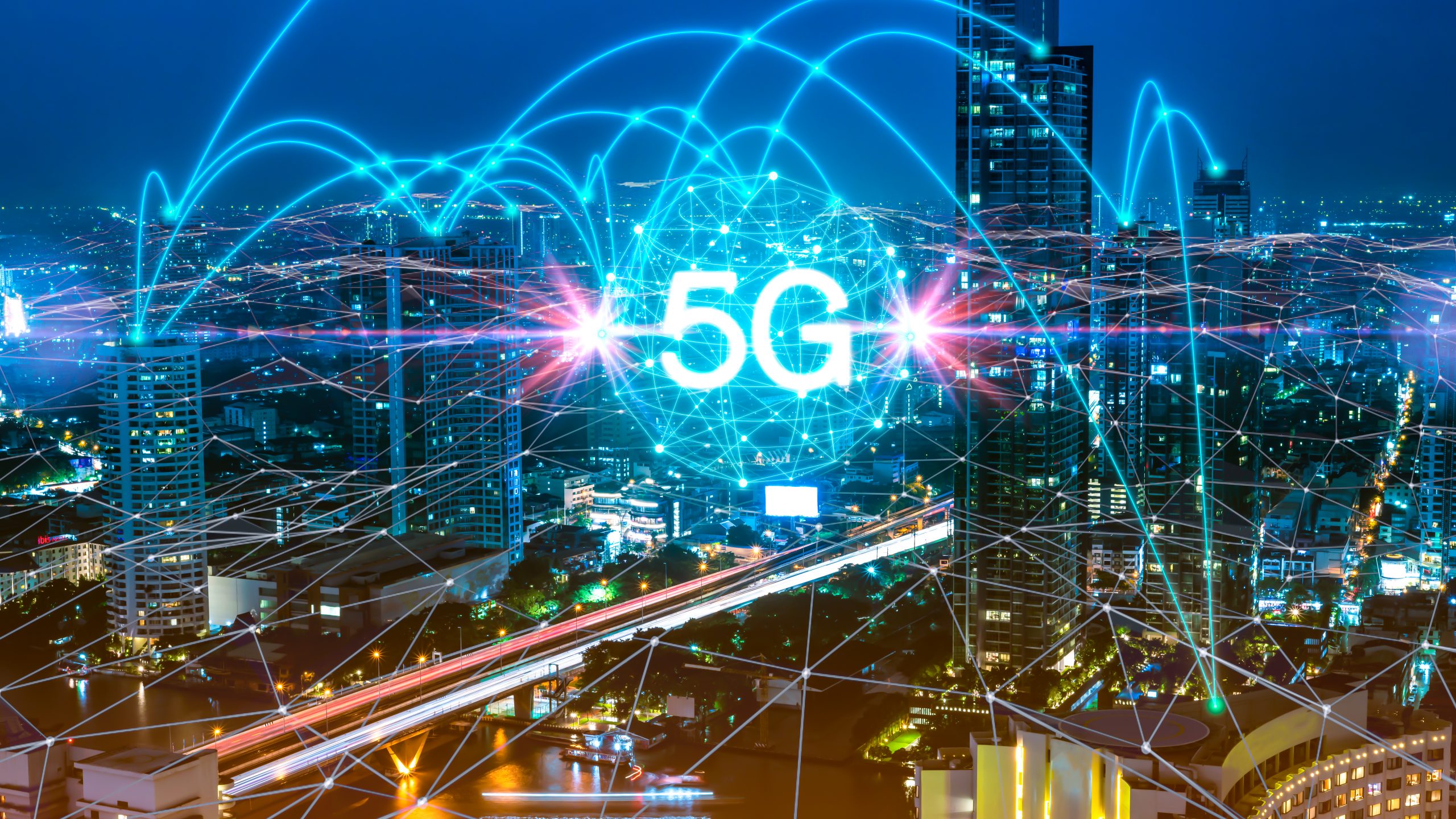Introduction to 5G Technology and Its Significance

As we stand on the brink of a technological revolution, the rollout of 5G technology marks a revolutionary leap in global connectivity standards. This new wave of network technology is not merely an upgrade from its predecessor, 4G; it is a transformative force poised to redefine the landscape of digital communication.
The global shift towards the 5G rollout underpins transformative economic and social potentials, promising to usher in an era of ultra-fast internet speeds, lower latency, and increased connectivity for billions of devices. The significance of 5G extends beyond enhanced mobile broadband services; it lies at the heart of future innovations across industries and societies worldwide.
Comparative Analysis of 5G Rollout Strategies Worldwide
As countries around the globe embark on the journey to deploy 5G networks, it becomes evident that rollout strategies vary significantly across global regions. This variation is not just in the pace of deployment but also in the approach and prioritization of areas for coverage.
For instance, some countries focus on urban centers to boost economic activities, while others aim for a more balanced coverage that includes rural areas to bridge the digital divide. Despite these differences, the global shift towards 5G rollout marks a pivotal shift in global connectivity standards, symbolizing a collective move towards embracing digital transformation on an unprecedented scale.
Infrastructure Requirements for Implementing 5G
The deployment of 5G technology is contingent upon upgraded, high-capacity network infrastructure globally. Unlike previous generations of mobile networks, 5G requires a dense network of small cells to deliver its promised high-speed connectivity.
These small cells are essential for propagating the higher frequency signals used by 5G, which have a shorter range than the lower frequency signals used by earlier network generations. Consequently, the global 5G rollout necessitates widespread deployment of these small cell networks, alongside existing macro cell towers, to ensure comprehensive coverage and reliability.
Impact of 5G on Industries and Consumer Behavior
The rollout of 5G technology is set to accelerate digital transformation across various global industries, from manufacturing and healthcare to transportation and entertainment. The unprecedented speed and low latency offered by 5G enable real-time data processing, facilitating advancements such as autonomous vehicles, telemedicine, and augmented reality experiences.
Moreover, consumer behavior shifts significantly with the 5G rollout, as enhanced connectivity experiences redefine expectations around mobile internet services. Consumers now anticipate not just faster download speeds but also seamless connectivity for emerging technologies such as IoT devices and smart home systems.
Challenges and Solutions in the Global Deployment of 5G

Despite the promising prospects of 5G, its global deployment is not without challenges. One of the primary hurdles is addressing spectrum allocation for global connectivity. Spectrum, the range of electromagnetic frequencies used for wireless communication, is a finite resource that requires careful management to avoid interference and maximize efficiency.
Moreover, overcoming infrastructure challenges in emerging economies remains critical for ensuring equitable access to 5G technology. Solutions include leveraging existing infrastructure where possible, adopting flexible regulatory frameworks to encourage investment, and fostering international collaboration to share best practices and technologies.
Case Studies: Success Stories of 5G Implementation
The global rollout of 5G has already witnessed several success stories that highlight its pivotal shift in global connectivity standards. Countries that have led the way in 5G deployment showcase unprecedented speed and reliability, setting benchmarks for others to follow. For instance, South Korea, one of the first countries to launch 5G services, has demonstrated how comprehensive coverage and innovative services can drive consumer adoption and stimulate economic growth. These case studies not only exemplify the technical capabilities of 5G but also its potential to transform societies by enabling new services and applications.
Future Prospects of 5G and Beyond
Looking ahead, the rollout of 5G technology marks a significant leap in global connectivity standards, laying the groundwork for a future where digital and physical realms converge seamlessly. The ongoing development of 5G fuels unprecedented opportunities in the Internet of Things (IoT), smart cities, and beyond, promising to revolutionize how we live, work, and interact.
As we venture into this new era, the continuous evolution of 5G and eventual transition to 6G and beyond will ensure that the potential of global connectivity continues to expand, driving innovation and progress for years to come.




